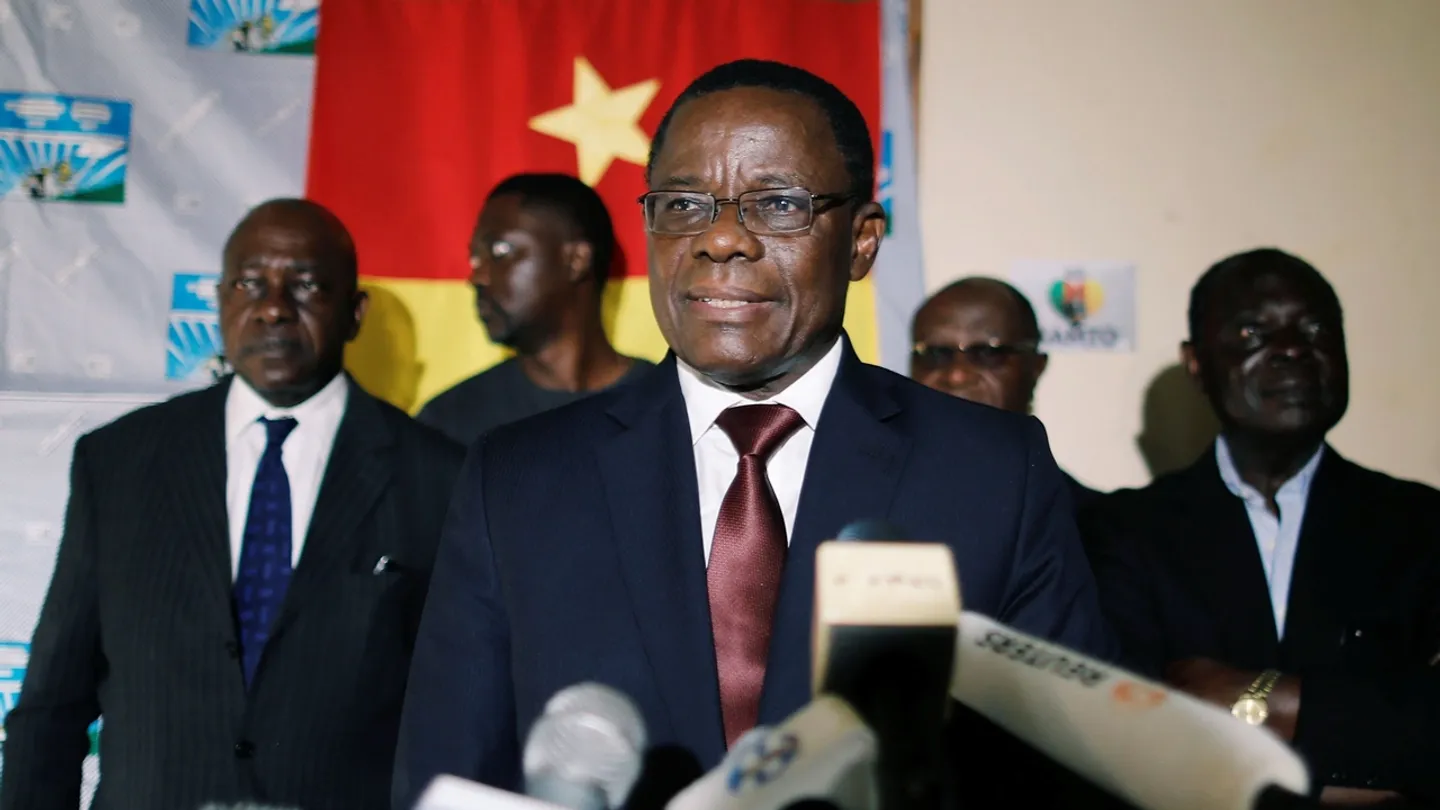
Cameroon’s highest court has firmly rejected Maurice Kamto’s appeal against his exclusion from the upcoming October 12 presidential election, confirming the decision made by the country’s electoral body. The ruling marks a definitive end to Kamto’s bid for the presidency.
On Tuesday, August 5, 2025, the Constitutional Council dismissed the challenge filed by Kamto’s legal team, citing his “double investiture” as the basis for invalidating his candidacy.
This refers to Kamto’s endorsement by more than one political party, a violation of the Electoral Code’s clear requirement that candidates must hold a single nomination.
“The decision is binding on everyone.
The Constitutional Council has ruled that Maurice Kamto’s candidacy cannot be validated,” a legal representative confirmed.
Kamto’s lawyer criticized the ruling, asserting that political motives overshadowed legal principles.
“We know that the Constitutional Council should be 3% law and 97% politics,” he remarked, hinting at a lack of judicial independence in the decision-making process.
The Constitutional Council’s verdict upholds the July 26 determination by the Electoral Council of Elections Cameroon (ELECAM), which disqualified Kamto on grounds of multiple nominations linked to his association with the Movement for the Renaissance of Cameroon (MANDEM).
This disqualification comes despite Kamto’s position as a prominent opposition figure and main challenger to President Paul Biya in the 2018 elections.
ELECAM, however, confirmed thirteen other candidates, including the incumbent President Biya. On July 13, Biya officially announced his candidacy, stating, “I am a candidate in the presidential election of October 12, 2025. My determination to serve you is commensurate with the acuteness of the challenges we face. The best is yet to come.”
The sidelining of Kamto has ignited sharp criticism from opposition groups. Yet, Meli Tiakouang, representing Kamto’s legal counsel, acknowledged the closure of the judicial process: “Our client is involved in politics; we have completed the legal process. Political appeals are now his responsibility.”
As Cameroon heads towards elections, the exclusion of a leading opposition voice raises questions about the fairness and openness of the political landscape ahead of a crucial vote.



